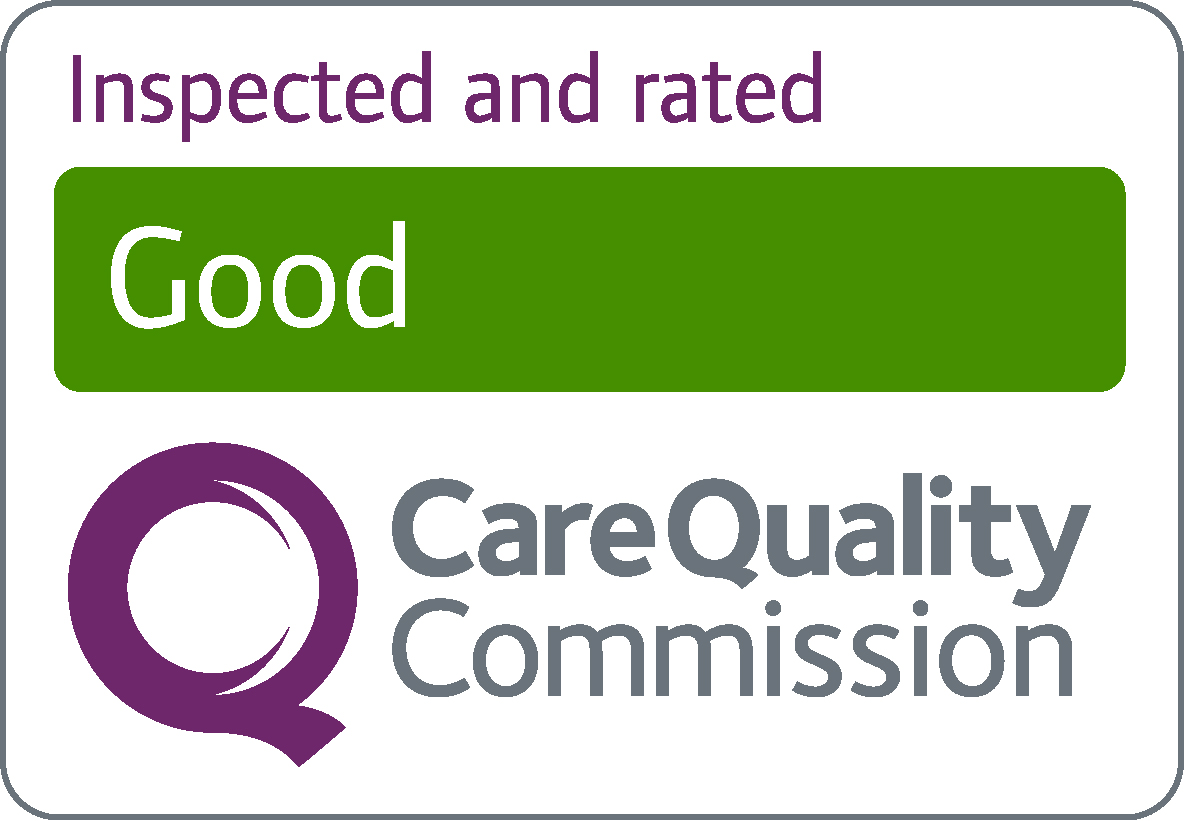Postnatal Depression (Postpartum Depression)
PND or Postpartum Depression is a postnatal depression that rears its head during childbirth. It impacts on new mothers and may disrupt how the mothers take care of themselves and their pre-born child. Although at a certain point, it is normal to show mood swings (or baby blues) after birth, PND is more profound and persistent.
Postnatal Depression Overview
Understanding Causes, Symptoms, and Risk Factors
Causes
-
Biological Factors
- Genetics
- Trauma/ Abuse
- Chronic Illness
- Hormonal Changes
- Substance Abuse
- Stressors in life
- Sadness or Alonelness
- Low Self-esteem
- Medications
Symptoms
-
Chronic depressive feeling or depressed mood
- Losing interest or pleasure in the activities one liked before being sick
- The weakness or the low energy after rest
- Alteration of appetite- over- eating or under- eating
- Sleep-related issues, insomnia or over sleeping
- Problems with focus, thought processing or decision making
- Worthlessness, hopelessness or guilt feelings
- Anger or frustration even about trivial things
- Physical manifestations like aches, pains, or other gastro intestinal difficulties that do not have an obvious cause
- Social withdrawal-not getting along with friends or family or activities
Risk Factors
Can Postnatal Depression be prevented?
Treatment for postnatal depression typically involves therapy, such as:
Cognitive Behavioural Therapy ( CB T or interpersonal Therapy ( IPT ) to manage the negative thought patterns and be able to control their emotions
Medication: Medications like antidepressants, can be prescribed in case of need
Robust support mechanism
Regular exercise
Good sleep
Hygiene: plays a very important role in recovery





